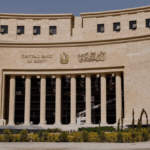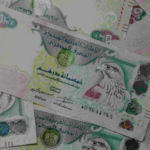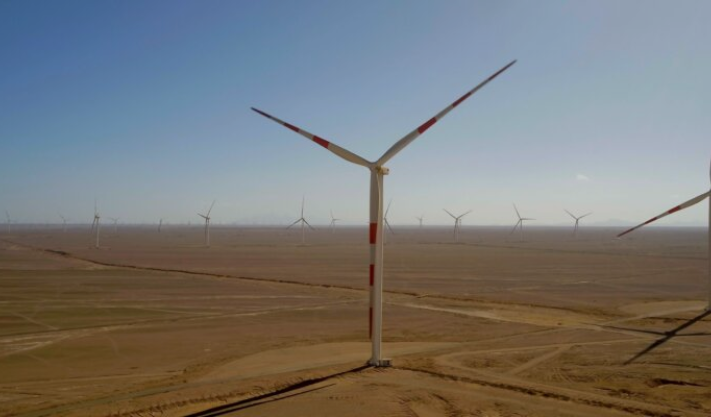
OPEC+ Output Decisions: Impact on Middle East Economies
The Organization of the Petroleum Exporting Countries and its allies (OPEC+) plays a crucial role in determining global oil prices through production adjustments. These decisions significantly impact Middle East economies, where oil exports form the backbone of national revenues. Understanding the effects of OPEC+ output policies helps assess the economic outlook for key oil-producing nations in the region.
OPEC+ and Its Role in the Oil Market
OPEC+, which includes major oil producers like Saudi Arabia, the United Arab Emirates, Kuwait, and Russia, regulates oil supply to stabilize prices. By adjusting output levels, the coalition influences global oil prices, directly impacting the revenues of Middle Eastern oil-producing nations. Production cuts or increases aim to balance supply and demand, preventing extreme price volatility that could harm economies.
Impact on Middle East Economies
1. Government Revenues and Fiscal Policies
OPEC+ output decisions directly affect government revenues in oil-rich Middle Eastern countries. A reduction in output generally leads to higher oil prices, increasing national income for countries like Saudi Arabia, the UAE, and Iraq. Conversely, when OPEC+ increases production, surplus supply can drive prices lower, potentially straining fiscal budgets.
To mitigate the impact of fluctuating oil prices, Middle Eastern nations implement fiscal policies such as diversifying their economies, adjusting subsidies, and managing sovereign wealth funds. For instance, Saudi Arabia’s Vision 2030 seeks to reduce dependence on oil by developing non-oil sectors like tourism, technology, and entertainment.
2. Economic Growth and Investments
Higher oil revenues, driven by OPEC+ supply cuts, lead to increased government spending on infrastructure, education, and social programs. This boosts economic growth and attracts foreign investments. Countries like the UAE and Qatar leverage high oil revenues to fund large-scale development projects, enhancing their global economic standing.
However, when OPEC+ increases oil output, prices can decline, reducing investment inflows and causing economic slowdowns. In such cases, governments may cut public spending, delaying projects and impacting job creation.
3. Inflation and Cost of Living
Oil price fluctuations influence inflation rates across the Middle East. Higher oil prices can lead to increased fuel and energy costs, raising living expenses for businesses and consumers. On the other hand, lower prices can ease inflationary pressures but may also result in reduced government subsidies and social spending, affecting the affordability of essential services.
4. Exchange Rates and Trade Balances
OPEC+ policies impact exchange rates in Middle Eastern economies. Rising oil prices strengthen national currencies due to increased export revenues, boosting purchasing power and improving trade balances. Conversely, when oil prices fall, currencies may weaken, leading to higher import costs and potential trade deficits.
Conclusion
OPEC+ output decisions have profound effects on Middle East economies, influencing government revenues, economic growth, inflation, and exchange rates. While higher oil prices benefit oil-exporting nations, prolonged dependence on oil revenues makes economies vulnerable to market fluctuations. As a result, Middle Eastern countries continue efforts to diversify their economies and strengthen their financial resilience against oil price volatility. Understanding the implications of OPEC+ output policies is crucial for businesses, policymakers, and investors navigating the region’s economic landscape.
Published: 2nd April 2025
For more article like this please follow our social media Facebook, Linkedin & Instagram
Also Read:
Egypt’s El Sisi and Trump discuss Gaza and Red Sea travel in call
UAE’s DAMAC to expand data centers in Nordic countries
Saudi Crown Prince Orders Action to Control Land, Rent in Riyadh


















